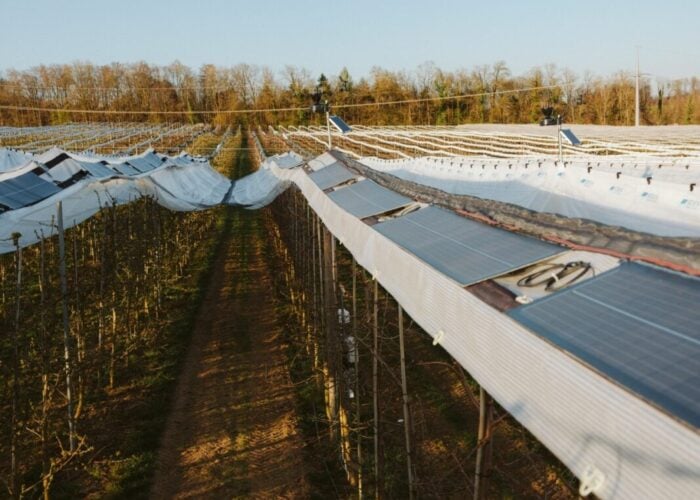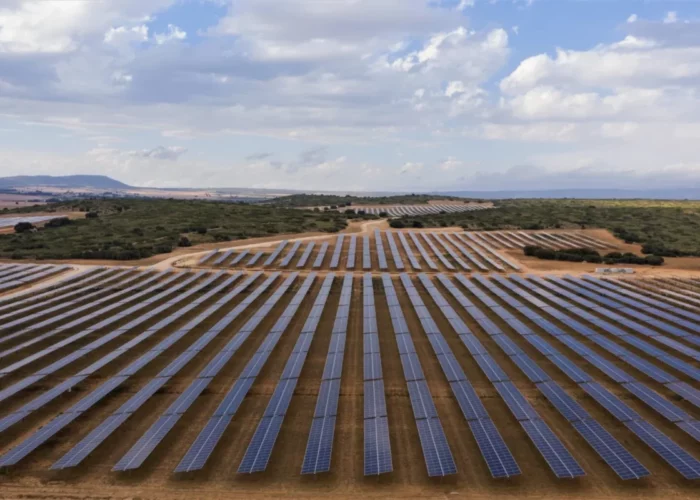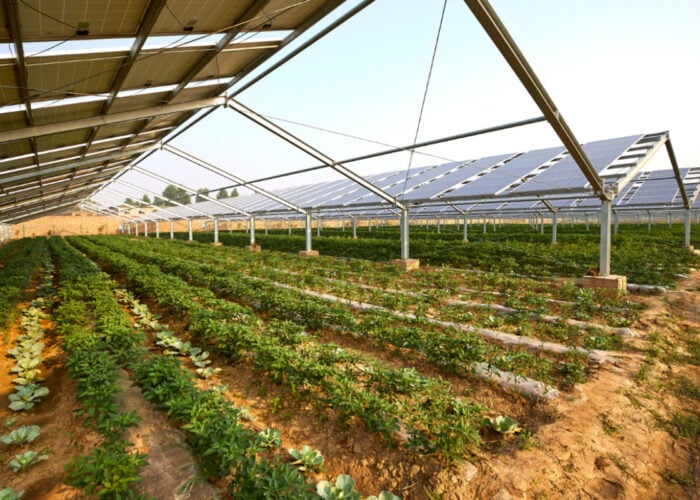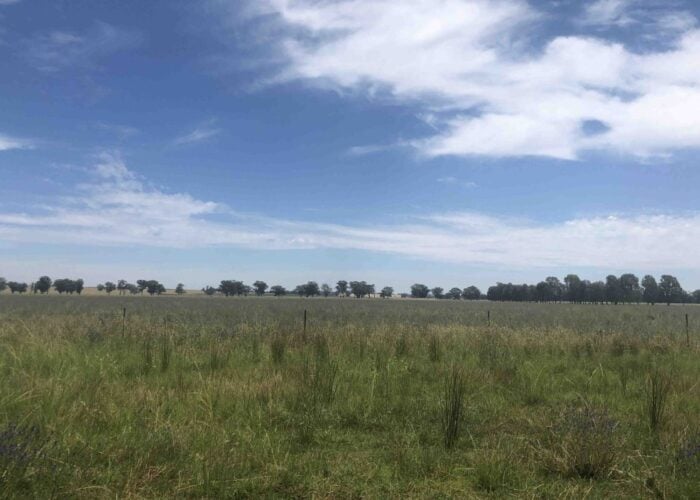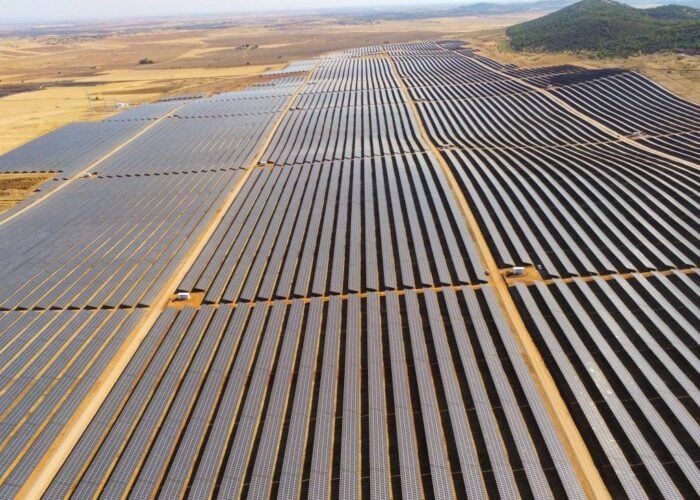
Solar manufacturer Heliene and US nanomaterials specialist UbiQD are to collaborate on PV modules aimed at the growing ‘agrivoltaic’ sector.
A joint development agreement (JDA) signed by the companies will see UbiQD’s sunlight optimisation technology for greenhouses, dubbed UbiGro, combined with Heliene’s US-made PV modules.
Unlock unlimited access for 12 whole months of distinctive global analysis
Photovoltaics International is now included.
- Regular insight and analysis of the industry’s biggest developments
- In-depth interviews with the industry’s leading figures
- Unlimited digital access to the PV Tech Power journal catalogue
- Unlimited digital access to the Photovoltaics International journal catalogue
- Access to more than 1,000 technical papers
- Discounts on Solar Media’s portfolio of events, in-person and virtual
Or continue reading this article for free
By combining both technologies for modules to be used on greenhouses, it’s claimed the technology would increase crop production while at the same time generating power.
UbiQD’s technology works by converting direct ultraviolet and blue light from the spectrum of the sun’s rays into light with an orange or red glow. This lighting is said to improve plant growth.
Martin Pochtaruk, CEO of Heliene, said: “Greenhouses and photovoltaics generate hundreds of billions of dollars of value from sunlight, and our plan is that with our agrivoltaic modules, the whole will be greater than the sum of the parts.”
Investment in agrivoltaics has been increasing in the past months with Iberdrola, BayWa r.e. or Shell funding or acquiring different agriPV projects, meanwhile Germany recently launched an initiative to support solar projects in agricultural land to help the country reach its 200GW of installed solar capacity by 2030.
Last September, Heliene set up a 400MW expansion in its Minnesota plant to increase its mono PERC line, taking total manufacturing capacity to 900MW.

